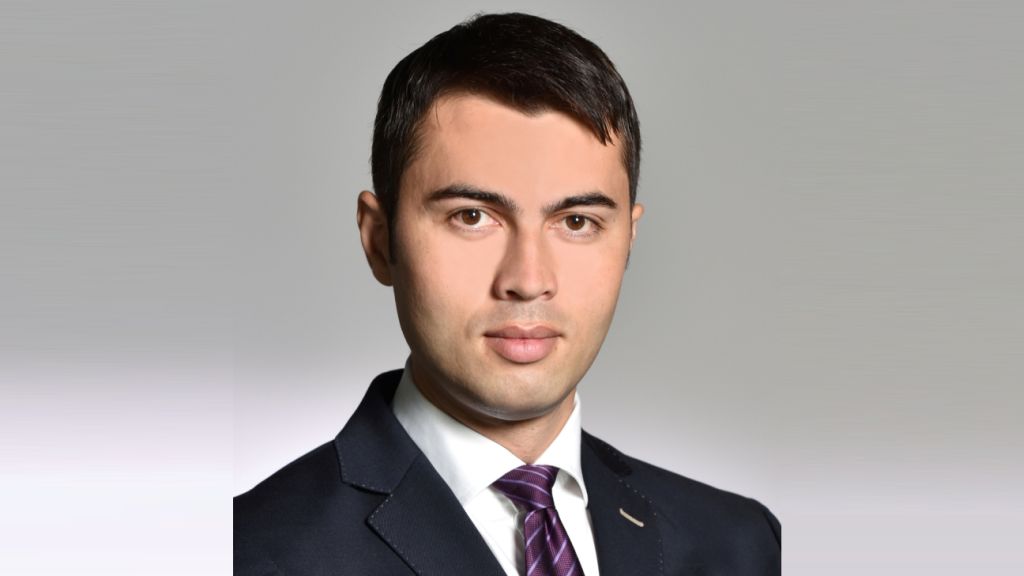Personal brand represents the essence of our professional and personal identity, the image we project in the minds of others. It is a mix of our reputation, experiences, skills, and the values we promote.
Thus building a personal brand involves a strategic construction of an authentic and coherent professional image.
The power of the personal brand in business is often underestimated or ignored by many entrepreneurs, managers, and experts in Romania. Few are able to capitalize on it because they understand that it can open doors and generate opportunities.
A strong personal brand creates a sense of trust, establishes an emotional connection and profoundly impacts how we are perceived and accepted by customers, colleagues or business partners.
What did the Valoria study reveal about the Power of the Personal Brand in Romania?
Some time ago, at Valoria, we carried out one of the few studies, if not the only one at the time, about the power of the personal brand in the business environment in Romania.
Why did I choose this topic? We wanted to identify the prevailing perceptions and find out how many respondents consistently and proactively build their personal brand.
What else did I learn with the help of the applied questionnaire? What are the main communication channels of the personal brand, which respondents considered to be the benefits associated with building the personal brand, which personalities were seen as models internationally.
What were the main findings? The study showed the following:
• Only 32% of respondents said that they have a consistent and proactive approach to building their personal brand.
• Even though 56% of respondents prioritized communicating their business experience and relevant skills to build their personal brand, 54% considered communicating their own values as the most important part of this endeavor.
• The three most important benefits brought by the personal brand were mentioned: the recognition and visibility it brings (67% of the respondents), the fact that its development is part of the professional development strategy (66%) and the increase in employability on the labor market ( 41%).
I am still convinced that the achievement of the study was an atypical approach for the local cultural space that values a sense of collective identity to the detriment of self-promotion.
We carried it out even though the social norm of minimizing personal achievements was obvious in the behaviors frequently encountered in the business environment, where self-promotion was seen almost as self-praise, just like in the saying "self-praise doesn't smell good".
So what are the causes that affect the perception of the personal brand?
The three main causes of this attitude towards personal branding in business are the following:
a. Historical and societal factors
Romania has gone through significant political and economic changes in the last century, including periods of authoritarianism, which emphasized collectivity and suppressed the individual. Historical context has influenced cultural attitudes toward self-promotion and personal branding, and we see a persistent skepticism, even an aversion to excessive self-promotion. Therefore personal brand is not seen as a priority and instead more emphasis is placed on survival and/or adaptability.
b. Modesty as a virtue
Modesty is often regarded as a virtue and it is common for individuals to downplay their achievements or talents. Out of the individual's desire to be accepted, there is a tendency to minimize personal achievements and focus more on group achievements in order to demonstrate respect for others and avoid the perception of one's own arrogance. This cultural norm discourages individuals from actively building and promoting their personal brand.
c. Cultural conservatism
The Romanian cultural space, especially in its more traditional and rural areas, tends to be conservative in its values. Conformity and adherence to established norms and traditions are often valued over self-expression and personal branding, which can be seen as maverick or unconventional.
What are the factors gradually changing the perception of personal brand?
In the context of accelerated transformation, three factors can be observed that have a high chance of changing this attitude:
a. Entrepreneurial spirit
Romania has seen an increase in entrepreneurship and we see an ecosystem of startups under construction here in recent years. With more people starting their own businesses or pursuing independent careers, personal branding can play a crucial role in establishing credibility, attracting consumers or clients and differentiating in an increasingly competitive market.
b. The influence of younger generations
The young generations in Romania, who grew up with the internet in their pockets, now have a different perspective on personal branding compared to the older generations. Young people are more open to self-promotion, using social media platforms and leveraging personal branding strategies to create opportunities and achieve their goals.
c. Personal development
Personal branding can serve as a vehicle for people to develop and express their unique identity, passions and values. It allows them to communicate their strengths, expertise and personal story, which can be empowering and contribute to personal growth and fulfillment.
In conclusion
It is important to admit that cultural attitudes and perceptions can change over time and that personal branding is an evolving concept. As Romania continues to develop socially and economically, the appreciation for personal branding may increase.
About Constantin Magdalina
Constantin Magdalina has 15 years of professional experience, during which he worked for multinational companies, both in the country and abroad. Constantin has a Master's degree in Marketing and Communication at the Bucharest Academy of Economic Studies. He is LeanSix Sigma and ITIL (IT Information Library®) certified, which facilitates a good understanding of processes and transformations within organizations. The certification obtained from the Chartered Institute of Marketing completes his business expertise. He initiated and coordinated studies about the business environment in Romania. He participates in numerous business conferences and writes on topics related to innovation, streamlining business processes, social media, digital transformation, emerging trends and technologies.

































